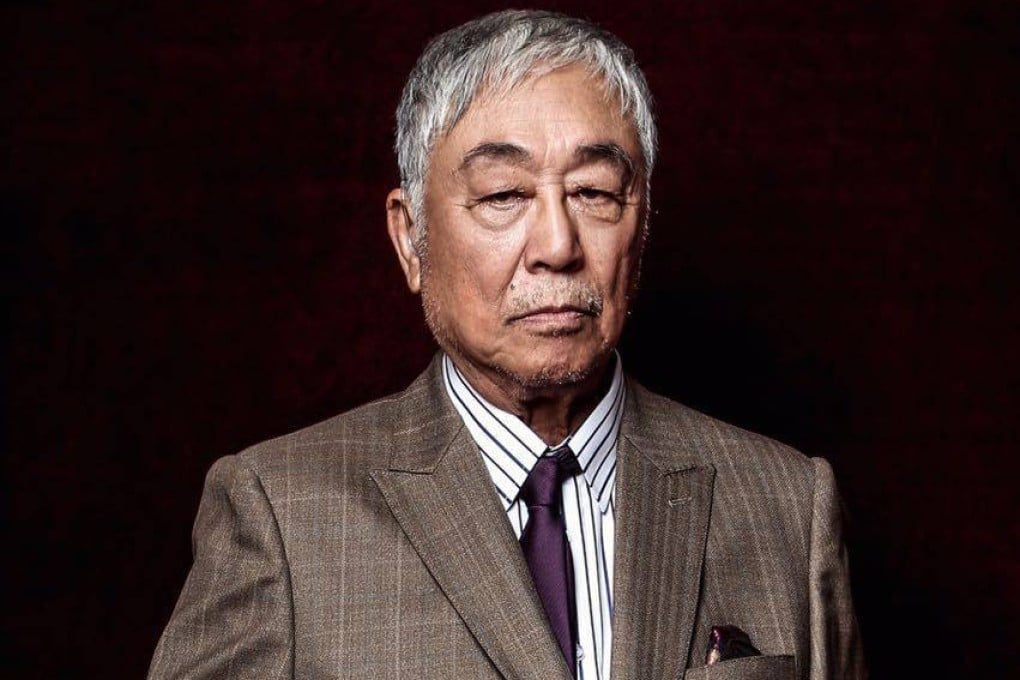Tributes pour in for Hong Kong actor Kenneth Tsang, a ‘good brother’ and stalwart of local entertainment scene
- Veteran actor, also known as Tsang Kong, was found dead in a room at Kowloon Hotel, where he was undergoing quarantine
- Department of Health carried out regular check on guests, and there was no answer from his room, source says

Veteran Hong Kong actor Kenneth Tsang Kong was found dead on Wednesday while undergoing quarantine alone in a Tsim Sha Tsui hotel room after flying in from Singapore.
Sources confirmed the identity of the celebrated actor, a stalwart of the local entertainment scene for decades. He was 87.
The actor, whose original name is Tsang Koon-yet, was undergoing quarantine in the Kowloon Hotel on Nathan Road after returning to the city from Singapore on Monday.
He had tested negative for Covid-19, had been vaccinated with three doses, and had no chronic illness, sources said.

The news of his death came as health authorities confirmed 430 new Covid-19 cases on Wednesday, 83 more than the day before, and reported eight deaths related to the virus. Schools also reported seven pupils and a staff member tested positive.